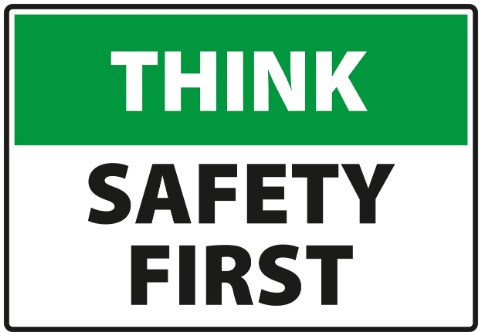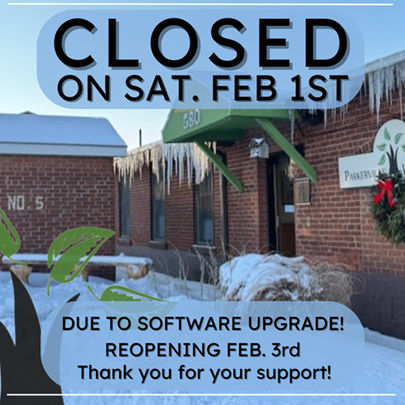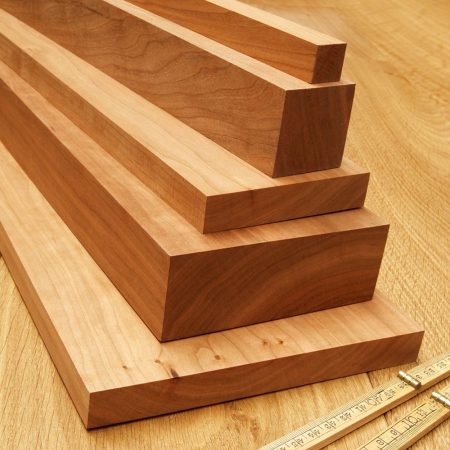February 6, 2024 | 6 min read | By: Len Smith

I first got interested in woodworking by watching Norm Abram on PBS every Saturday morning. Like me, I believe that Norm did a great job explaining the basics of a given project. Before the start of any project, Norm would pause for his well-known safety pitch. My kids knew this pitch by heart, even though they weren’t the least bit interested in the show. Come on, say it with me….
“Before we get started I’d like to take a moment to talk about shop safety. Be sure to read, understand, and follow all the safety rules that come with your power tools. Knowing how to use your power tools PROPERLY will greatly reduce the risk of personal injury. And remember this. There is no more important safety rule than to wear these…safety glasses.”
Safety is as important in our home workshops as it is in a professional woodworking environment. Each year, U.S. hospitals see thousands of workers with injuries caused by woodworking tools land in their emergency rooms. In fact, there is a National Electronic Injury Surveillance System (NEISS) that tracks and publishes statistics on woodworking injuries. In this Shop Notes article, we want to pass along some important considerations when it comes to personal workshop safety.
This is by no means an exhaustive list and we offer this as a courtesy to our valued customers. The most important rule when it comes to workshop safety is that we all practice what I call an “attitude of safety.” By that, I mean that whenever we’re doing anything in the workshop we should first take a pause and ask ourselves, “Am I doing this in the safest manner possible?“
Tool Safety – Both power and hand tools can be a source of injury if we’re not careful. Many of these safety tips will also lead to improved tool performance. Below are a few tips to keep in mind:
Personal Safety – It’s too easy to let our guard down in our home shops and this is when accidents happen. Here are a few simple precautions that we can take to safeguard our safety in the shop:


Shop Safety – Safety can also extend to the shop itself, which can be easy for us to overlook. Below are a few tips to keep in mind:
Additional Considerations – Here are a few additional suggestions that we can take to safeguard our personal safety in the shop:


Do you need help with a woodworking or wood-related project and don’t know where to turn? We’re here to help. Whether you’re looking for consultation and advice, want help with design options or you’re simply looking for the right selection of wood for your project, we’re more than happy to assist you. Need help when it comes to milling or other services? We can assist you with that as well.



In celebration of President’s Day, our selection of 4/4 Cherry is on sale! Regular 4/4 Cherry is discounted to $3.99 bf with 8+” wide at $4.49.
Sale runs until February 24th!
** We’re open until 7 PM on Thursdays **
